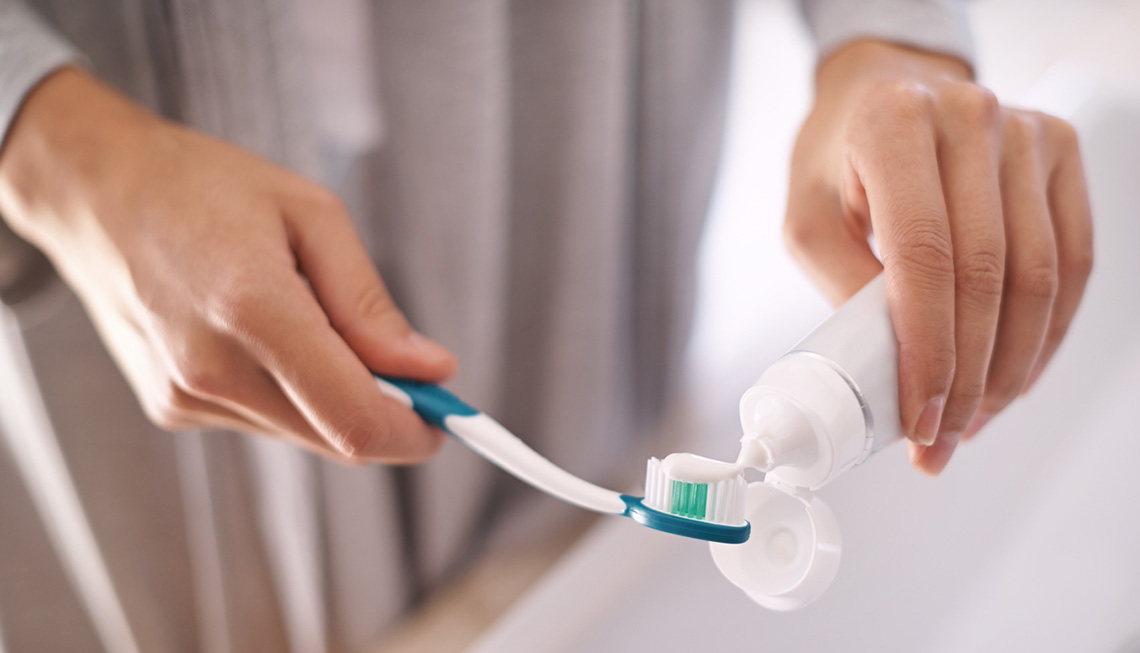
Posted on June 07, 2024
Take a walk through the toothpaste section of any pharmacy, and you’ll discover a myriad of choices. From brands to flavours and even gimmicks like sparkles or different colours – there is probably a toothpaste out there that offers it. Another thing you’ll find is claims about what the toothpaste can do. In addition to claims about how clean your teeth will get, one brand will claim that it whitens, while another will claim that it reduces sensitivity. Some toothpaste brands even claim to detoxify your mouth or remineralize your teeth. But can a tube of toothpaste really do all – or any – of these things?
In this article, we discuss exactly what your toothpaste can and cannot do.
In a recently published study in Scientific Reports, researchers looked at 8 brands plus one control product to compare toothpaste that claimed to be desensitizing and anti-erosive. In the study, researchers simulated exposure to an acid solution along with daily brushing to determine if any of the products would help to prevent enamel loss. They also compared the products and analyzed them for abrasiveness, chemical composition, and how well they mixed with saliva.
The result?
All of the toothpastes in the study resulted in progressive surface loss of the teeth over a five-day period. No brand was better than another. In other words, the toothpastes that were meant to help solve the problem of enamel erosion actually contributed to it.
The good news for those that suffer from enamel erosion and sensitive teeth, however, is there are other more effective ways to address it. One of the best things you can do to reduce erosion is through diet – by replacing sugars and highly processed foods with whole, nutrient-dense foods.
Some people with sensitive teeth may also benefit from supplements and homeopathic remedies such as MI Paste.
Which brand is best for cleaning?
It may surprise you to learn that toothpaste isn’t even necessary for cleaning your teeth. It is the mechanical action of brushing and flossing that removes plaque from your teeth to prevent tartar build-up.
In fact, a paper published in 2016 in the Journal of Clinical Periodontology concluded that in terms of removing plaque, adding toothpaste (as opposed to just brushing with water) makes little to no difference.
So, what is toothpaste actually good for?
Now, you may be wondering – if toothpaste can’t live up to claims like reducing sensitivity, and it doesn’t even help remove plaque, then why bother using toothpaste at all?
But the fact is that using toothpaste can still be good for your oral health. That’s because certain ingredients in toothpaste can help control harmful bacteria. And, of course, there is that minty clean feeling you get after brushing with your favourite brand!
So, in conclusion, keeping your smile healthy is really just a matter of daily brushing and flossing along with your regular dental visits. Which brand of toothpaste you choose doesn’t greatly matter.
Contact Creek View Dental today
Do you have questions or concerns about your oral health? Contact us today to schedule a dental visit.
